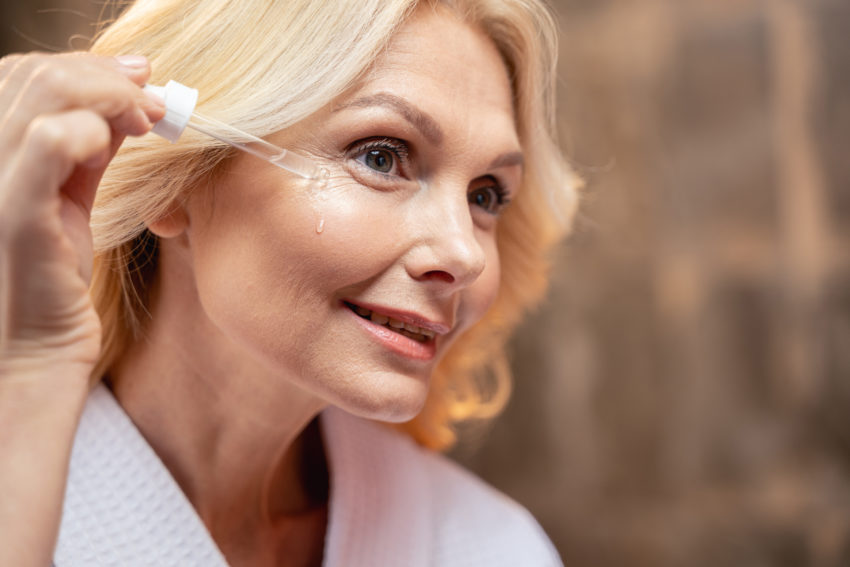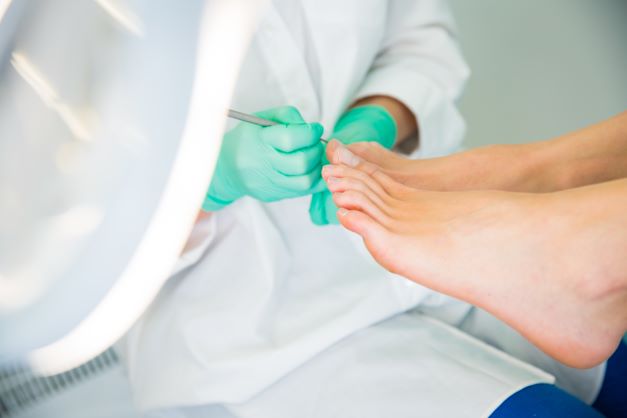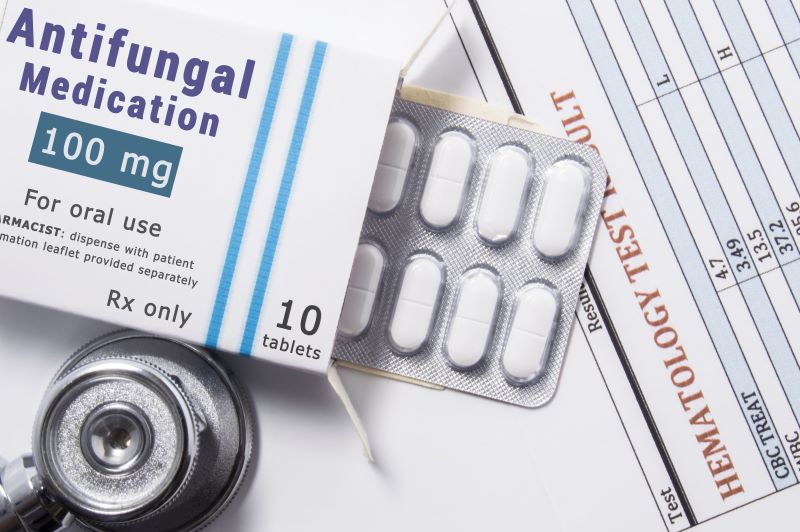What is Hyaluronic Acid? Hyaluronic Acid (HA) is a molecule that is found throughout our bodies in our fluids and…

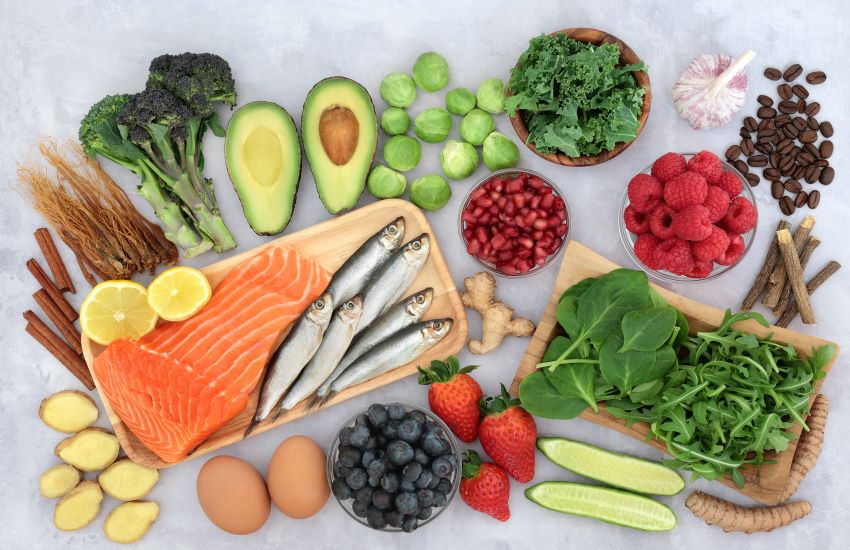 Skin
Skin
How to Speed Wound Healing
Suffering from a wound is difficult and uncomfortable, and waiting for it to heal so you can get back to living your life to fullest can be very frustrating. Whether you have minor wounds or acute wounds, a chronic wound or surgical wound, all you want to do is heal as fast as possible. So, it’s not surprising that common questions include, “how to speed wound healing” and “how long does it take for a wound to heal?”
It is very important that you let your open wound heal completely before engaging in any activity that will cause poor or impaired wound healing. It can take anywhere from 3 days to several weeks for wound closure, depending on the severity. When practicing wound management, we cover the specific wound care stages to be aware of. To speed up wound repair there are certain things you can do, certain things to avoid, and different products to use.
What to do to speed wound healing
-
Sleep
- Getting a proper night’s rest is crucial to wounds healing properly. As you sleep your body works to repair tissue and fight off infections. A study conducted by the Journal of Applied Psychology studied two groups to see how healing was impacted by sleep. The first group who slept for three hours a night had high levels of pro-inflammatory cytokines and in comparison, to the group who slept for eight hours a night, the sleep deprived participants had a delayed wound healing time by a full day. Try to get at least eight hours of sleep a night to encourage faster and better healing.
-
Diet
- Consume foods that are high in nutrients and vitamins to help boost your immune system. Also try to eat anti-inflammatory foods to help fight off infection like berries, fish, broccoli, mushrooms, and peppers. Eating as many dark leafy greens as possible is another great step to take to speed up wound healing as these are high in many key nutrients (Vitamins A, C, K, calcium, and iron) and antioxidants. Try to avoid eating food that contains nitrates, spices, and artificial sugars as these can have an inflammatory effect on the body that ends up straining your blood vessels and skin tissue.
-
Active Lifestyle
- Depending on the severity and placement of your wound, try to stay as active as possible without disrupting the affected area. By exercising, even if it’s much lighter than you are used to, you will be increasing blood flow throughout your body. Increased blood flow to the area of the wound will help to speed up the healing process.
- In addition to keeping active, you should avoid smoking at all costs. Carbon monoxide in cigarettes lowers the oxygen level in blood vessels, which slows their movement and limits blood flow. Fresh healthy blood vessels are a key component to wound healing, so by smoking you will only be impeding your progress.
-
Care for the Wound
Throughout the healing process be sure to clean and dress the wound following your doctor’s instructions. Even if you feel that you are healing fine and can skip this step, do not do so until approved by a medical professional. Cleaning the wound bed and covering it ensures that no outside bacteria can get to the wound and infect it. Keeping it in this clean and covered environment encourages skin tissue growth for healing.
Ingredients and Products to Use to Speed Up Wound Healing.
-
Hyaluronic Acid
- Hyaluronic acid can be applied topically to the wound and will regulate inflammation levels in the area. It is also antibacterial and lowers the risk of infection when applied.
-
Coenzyme Q10
- Coenzyme Q10, also known as Ubiquinone, is one of the most widely used ingredients in topical products for skin healing. It boosts collagen to promote fast recovery in the skin. It also has anti-inflammatory properties that help keep skin stable when it is repairing the wound.
-
Oat Beta Glucan
- This ingredient is a collagen synthesis promoter that helps with both healing and scarring. Oat Beta Glucan strengthens the skin’s fibrous tissue to speed up tissue repair and helps in the skin’s appearance.
-
Vitamins A, C, and E
- Vitamin A is an incredibly helpful aid when it comes to tissue repair and cell generation. Having Vitamin A in your diet (sweet potato, spinach, fish oil) keeps your skin healthy. Using topical retinoids (a derivative of Vitamin A) also work to improve and speed up wound healing.
- Vitamin C is an antioxidant that protects cells in the body from free radicals. It is also a required vitamin for collagen production.
- Vitamin E modulates cellular signaling in the skin and affects wound healing. Getting the proper amount of Vitamin E can influence wound healing.
-
Lysine
- Lysine is a protein found in the skin that forms collagen and gives structure to your skin and bones. Lysine can also act as a binding agent in the skin and helps to form new blood vessels.
-
Green Tea Extract
- Green tea extract has an active ingredient in it called EGCG that is rich in polyphenols and antioxidants. Polyphenols protect your skin against ultraviolet radiation and infection.
-
Niacinamide
- Also known as Vitamin B3, Niacinamide is an anti-inflammatory ingredient that aids in immune health and speeds skin recovery. It increases fibroblast migration and proliferation (two key steps in wound healing) to help speed up recovery.
Here at Apotheco Pharmacy we know how uncomfortable, frustrating, and painful wounds can be. It is so important that you take proper care of your skin always, and especially when it is injured. By following the proper steps in caring for your wound, including the correct vitamins and nutrients in your diet, and applying the right medication to the area, you will find the wound healing process to be faster and more effective than ever before. If you have any questions on wound care or skin care in general, contact us today!
Sources
This blog is based on research and/or other scientific articles and is written by our experienced Chief Strategy Officer and Pharmacist, Ronak Desai. This blog is fact checked by our educated Pharmacist in Charge, Darshan Patel, who additionally runs our Apotheco Manhattan location.
Here at Apotheco Pharmacy Group, our goal is to provide the most up to date and accurate information on health and dermatology related topics. We do this to ensure our readers can make informed decisions based on factual content. All blogs undergo an extensive review process before posted.
This blog contains trusted sources. All sources are listed at the bottom of this article with hyperlinks that take you directly to the source.
